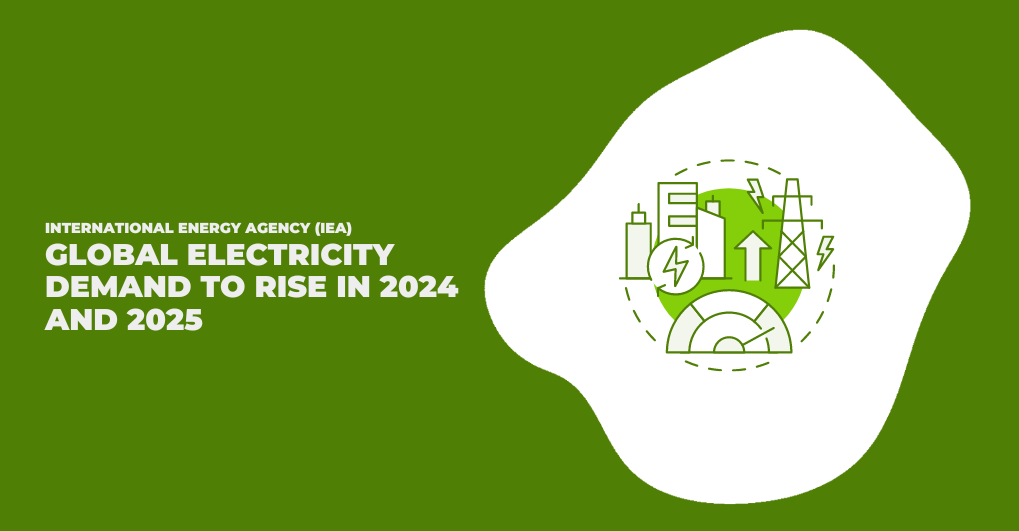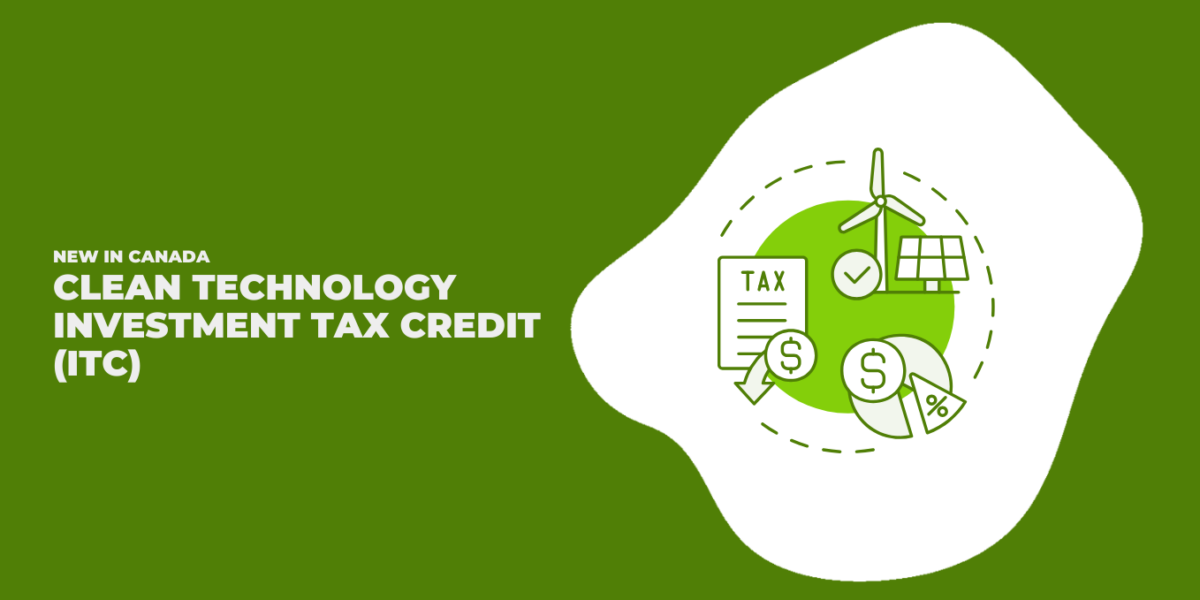Summary:
- The new senate spending package will dedicate $369bn to combat the climate crisis over the next decade.
- There are numerous initiatives the public can access directly, including substantial tax credits for solar energy installations and new electric vehicle purchases.
- Along with positive environmental impacts, the bill is expected to facilitate major industry advancements over the next ten years.
Full Story:
In an unexpected and ground-breaking alliance between senior U.S. Democratic leadership and Senator Joe Manchin of West Virginia, a new climate spending package dedicates $369bn to fight the climate crises over the next decade.
The funds will be allocated towards clean energy security and efforts to curb climate change.
Solar stocks jumped when the news broke that the new package could extend the solar investment Tax Credit (ITC) at an impressive rate of 30% for ten years.
The alliance is a surprise after Senator Joe Manchin’s repeated attempts to thwart his party by refusing to support additional funding for climate action. The Senator’s well-known and long-standing financial ties to the coal industry faced scrutiny during his opposition to the bill.
Between 2011 and 2020, Manchin made between $4.9 and $5.1 million from his various coal-related enterprises. The senator is also the founder of Enersytems Inc., a coal brokerage business, and stood to gain millions, which some believed motivated his actions.
However, in a surprising turn of events, Senator Manchin came around to support the “Inflation Reduction Act of 2022”. A bill that could be America’s most aggressive effort to curb climate change to date.
What’s included in the bill?
The bill allocates $369bn across numerous initiatives and tax credits that encourage renewable energy production and support the adoption of electric vehicles. Excitingly, it introduces a $27bn “clean energy technology accelerator” that will advance the development of renewable energy technology.
Climate-friendly agricultural practices will be encouraged with a $20bn investment, and $5bn will go towards American forests being better prepared to battle wildfires on the rise due to global heating. The bill will also include a program that aims to reduce methane leaks from oil and gas drilling operations.
Will the public be able to access the funds directly?
There are numerous initiatives the public can directly access, the first being a tax credit worth up to $7,500 for purchasing a new electric vehicle. With more companies manufacturing electric vehicles, the price point to purchase an EV car is coming down, and this tax credit will help more Americans make the switch.
The Solar Investment Tax Credit, ITC, will be directly accessible to the public and applies to residential, commercial, and utility-scale developments. The 30% discount for solar installations will be valid until 2033. Energy storage projects and hybrid installations will also be able to qualify for the ITC.
Does the bill face criticism?
A major criticism of the bill is that it currently doesn’t include any framework to phase out the primary cause of carbon emissions, fossil fuels.
Seemingly, the compromise reached with Manchin included a major concession: locking in the use of fossil fuels for decades to come. In fact, under the new arrangement, regulations around drilling will be loosened and large-scale leases offered in places like Alaska and the Gulf of Mexico.
What do independent analysts predict for the bill’s impact?
Currently the world’s 2nd largest carbon polluter, this bill could be a historic turning point for the United States.
Independent analysts expect the bill to reduce U.S carbon emissions by 40% by 2030 and drastically curtail the catastrophic effects of climate change. Floods, wildfires, heatwaves, and other disasters will be much less severe than they otherwise would have been.
With the bill making great strides for the renewable energy sector in the world’s largest economy, it’s great news for the industry. Technological innovations will follow as large-scale renewable energy projects become even more appealing to investors.




